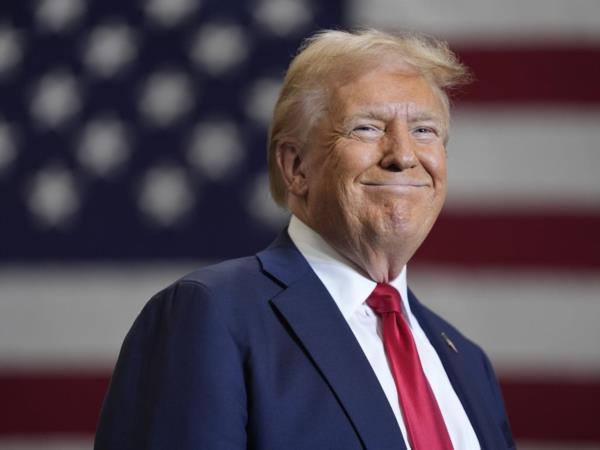
President Donald Trump has recently made headlines with his bold proposals for the US to potentially acquire new territories, sparking debates over sovereignty and international relations. From suggesting US ownership of Greenland to hinting at turning Canada into a 51st state, Trump's statements have stirred controversy and opposition.
In the case of Greenland, Trump has emphasized the strategic importance of the region for US security, hinting at possible military or economic tactics to secure it. Beyond security concerns, experts speculate that Trump may also be eyeing Greenland's valuable natural resources, particularly rare earth metals, which could become more accessible due to climate change.
However, Denmark, which oversees Greenland as an autonomous crown dependency, has firmly stated that Greenland is not for sale. Similarly, officials in Greenland have reaffirmed their commitment to maintaining their independence.



Trump's proposal to potentially integrate Canada as a new US state has faced strong opposition from Canadian leaders across the political spectrum. The idea, seen as provocative and disruptive, has strained bilateral relations between the two countries, exacerbated by trade disputes and tariffs imposed by the US.
Most recently, Trump's remarks about reclaiming the Panama Canal have added to the series of controversial land acquisition proposals. Amid concerns over China's involvement in the region, Trump's statements have raised diplomatic tensions with Panama, with President Raúl Mulino asserting Panama's sovereignty over the canal.
While Trump's statements may be viewed as unconventional negotiating tactics or strategic posturing, they have elicited strong reactions both domestically and internationally. The implications of these proposals on US foreign policy and global relations remain subjects of intense scrutiny and debate.







